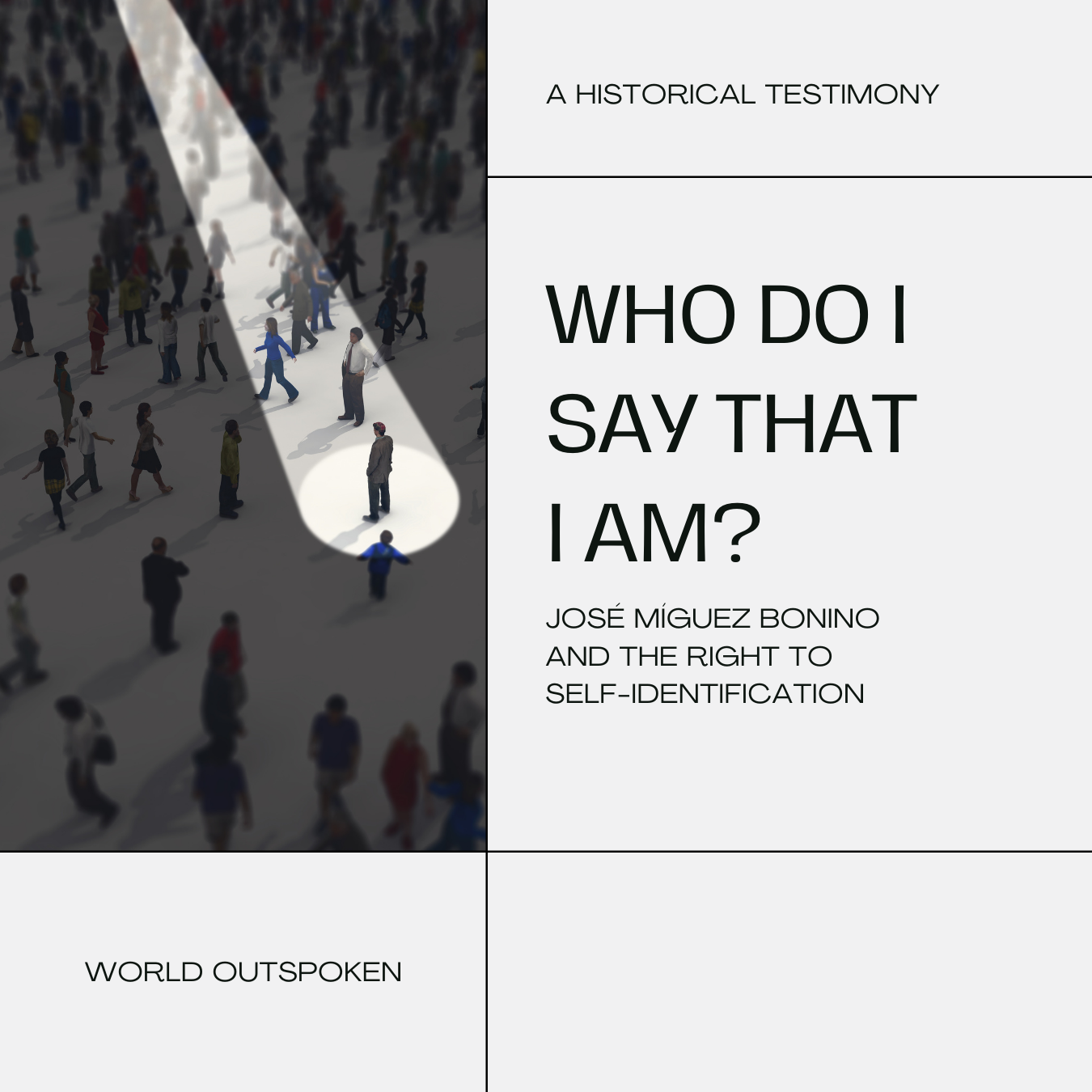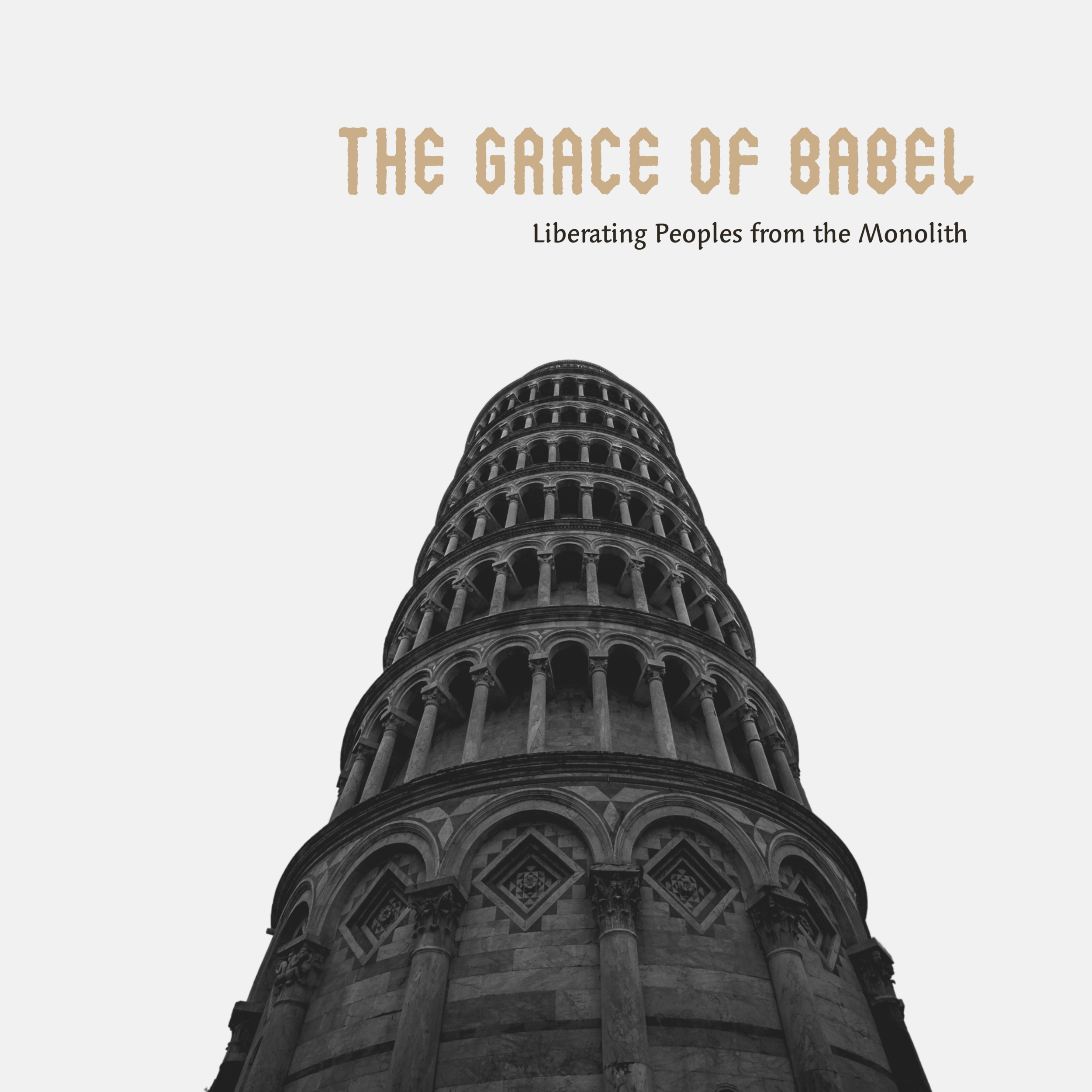Thirty years ago, Methodist pastor and theologian José Míguez Bonino delivered the prestigious Carnahan Lectures. In the 1997 preface to the published lectures , a translated book titled Faces of Latin American Protestantism , Míguez Bonino confesses that he chose his lecture topic—the history and identity of Latin American Protestantism—for reasons he describes as “shamefully subjective.” His topic was “almost an obsession,” a “passion” that overrode his anxiety about bandwidth and workload. The reasons for this near-obsession make greater sense to me now that I share some of Míguez Bonino’s experiences, and they give me the mettle to continue in my own ministry despite heartache and feelings of alienation.
Míguez Bonino was nearly 70 when he delivered the lectures. He had been in ministry for decades, both as a pastor and theologian. Throughout the years he had been “variously tagged a conservative, a revolutionary … a liberal, a catholic, a ‘moderate,’ and a liberationist,” and he concedes that there is probably truth to all these names attributed to him. Míguez Bonino is known today as one of the early founders of Latin American liberation theology; one of his former students recently told me that he once helped with revisions to Argentina’s constitution. Any clergy person that would choose to involve themselves or even speak about la politica (politics) would hardly be surprised by the explosive name-calling that comes from segments of the public. But by the time of the Carnahan Lectures, all the name-calling created for Míguez Bonino a deeply felt need “to clarify for [himself his] own confessional and doctrinal identity.” This feeling is one I understand well even only after 10 years of public ministry.
Like Míguez Bonino, I have been “variously tagged a conservative, a revolutionary … a liberal, a ‘moderate,’ and a liberationist.” I am sure his list was not exhaustive. Neither is mine. Whether these names given by others are deserved does not matter. In preparation for the lectures on who Latin American Protestants are Míguez Bonino found himself pressed to answer the question for himself: “Who am I?” His answer, given all that had been said about him, is shocking. Míguez Bonino said:
“when I do attempt to define myself in my innermost being,
what ‘comes from within’ is that I am evangélico.”
He continued:
“… it is in this soil that my religious life and [church] activity have been rooted … From this origin have sprung the joys and the conflicts, the satisfaction and the frustrations which over time have been knit together. There my deepest friendships, and also the most painful separations, were engendered; there lie the memories of dead ones I loved and the hope of generations I have seen born and grow.”
Some will get distracted, wondering whether Míguez Bonino’s evangélico means the same as the English evangelical. To focus there is to miss the point of his scandalous admission. In fact, Míguez Bonino preemptively states that he is not concerned with others affirming or denying his self-identification. His goal also does not end with himself. By doing this introspective reflection — something Míguez Bonino admits does not come naturally to him — he is also exercising a right he wants to see honored in the people he is representing. In other words, he wants to highlight the right of Latin Americans to name themselves. He wants the world to see their faces and hear their names.
I have worked in theological education long enough to know how easily and often my folks are flattened into simple stories. All Latines are immigrants. All our theologies grow from the concept of mestizaje. If we are from Latin America, then we are liberationists. Even when we are born in the US, we tend toward “liberation theology.” These are some of the simple stories and corresponding names we get called, but this experience is not unique to us. In a racialized and patriarchal world, to be marginalized is to be named by those who believe it their right to identify others.
In my communities, I saw this dynamic repeated earlier this year when a former colleague published a review of Amy Peeler’s Women and the Gender of God. In the Gospel Coalition review, Marcus Johnson explicitly does the work of naming. He writes:
“It is important to state plainly the book’s genre: it is quite obviously a feminist theology. Whether such a book ought to find commendation among Protestant evangelicals — who have historically understood feminist theology as a species of liberal theology — may be left to the reader. But the fact that we have before us a contemporary iteration of feminist theology cannot be in dispute.”
As with Míguez Bonino, whether the name “feminist theology” is appropriate is not my concern. My observation here is the way Peeler is cast as a “liberal,” and how that suggestion raises questions about her belonging in evangelicalism. Peeler is a professor at an evangelical university, which no doubt requires affirmation of a doctrinal statement reflecting evangelical beliefs. She also served on the same pastoral staff as Johnson. Despite her professional and ministerial choices, works that speak to her likely self-identification, Johnson renames her in othering language.
But what about Peeler’s right to name herself? How do we honor a person’s sense of belonging?
When thinking about the right to self-identification, I return to the stunning moment where Jesus asks his disciples, “Who do people say the Son of Man is?” (Matt. 16:13). The questions are interrelated. Míguez Bonino asked about his self-identity as a model for naming Latin American protestants and their peoplehood; “Who am I” is inextricable from “who are we,” and both of these questions are reconfigured by the answer to, “Who is He (Jesus)?”
Cone told us He is black.
Elizondo told us He is Mestizo.
Peeler tells us He is the son of Mary.
All these theologians are attempting to answer Jesus’ question. Their answers illuminate Jesus’ relationship to the marginalized communities they represent. In naming Jesus, they give new meanings to their own names. I like to think their answers are graced with the God-given agency Jesus promised to Peter, the agency to bind and loosen. I believe their answers bind falsehoods about their people and loosen life-giving redefinition of who they are within the church.
Míguez Bonino was wise in his later years. He understood that his self-identification, whether wrong or right, was in God’s hands. “What I truly am belongs to the grace of God,” he writes. Still, he did not cheapen this grace. He dedicated his life to serving a community of Latin American protestants with whom he found a name. I love the way he ends his brief self-portrayal. He writes, “At least an evangélico is what I always wanted to be.” I hope to honor his right to that name and the legacy he leaves with it.
About Emanuel (Ricky) Padilla
Emanuel Padilla is president of World Outspoken, a ministry preparing the mestizo church for cultural change. Emanuel is committed to serving bi-cultural Christians facing questions of identity, culture, and theology. He also serves at The Brook, a church on the northwest side of Chicago, along with his wife Kelly.
Follow him on Twitter to learn more.
Articles like this one are made possible by the support of readers like you.
Donate today and help us continue to produce resources for the mestizo church.
















